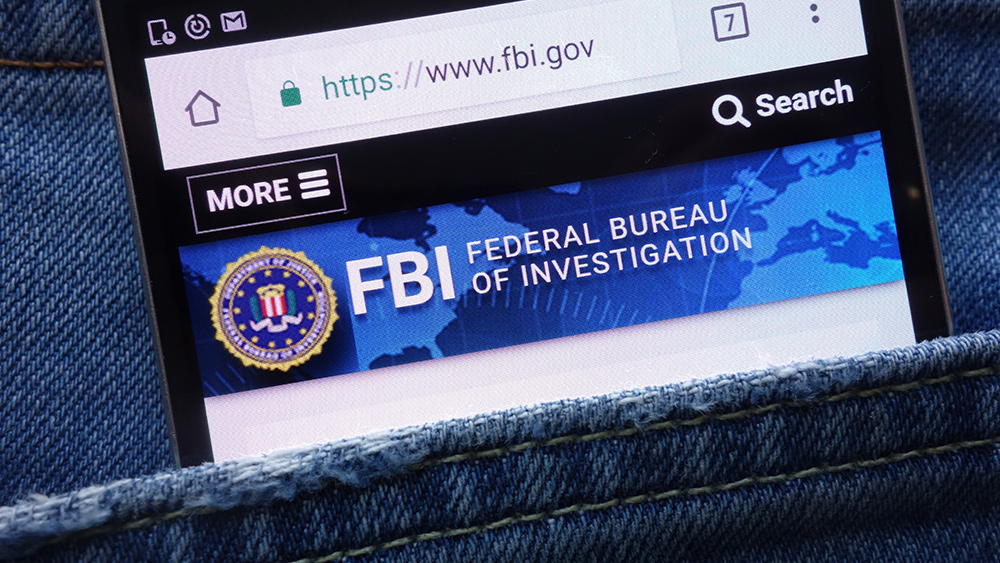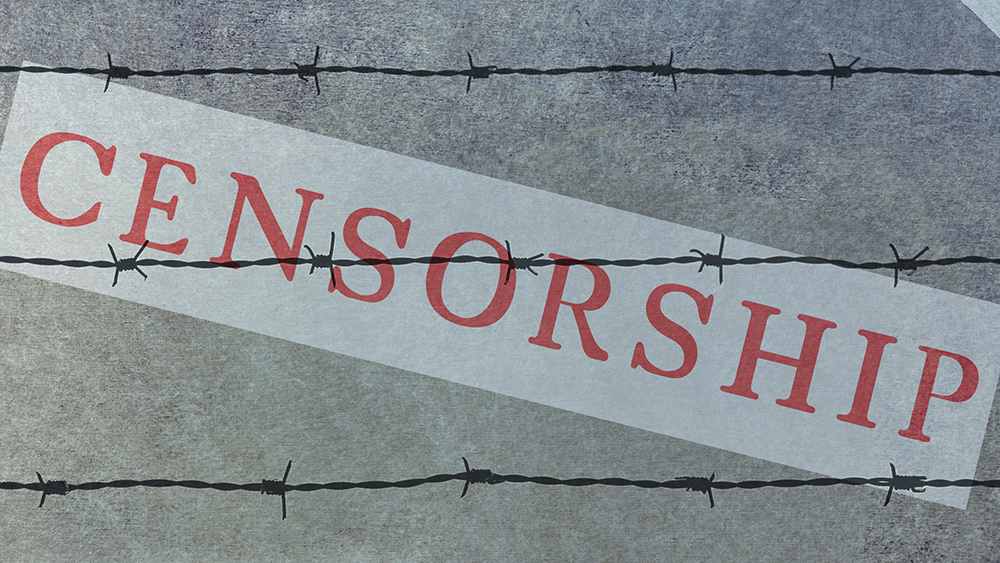
Google has recently updated its Google Play policy to restrict certain apps from appearing for sale in its store.
According to Android Police, one big change is the banning of apps designed for mining cryptocurrency. Apps that are geared toward managing cryptocurrency, like Coinbase, will be allowed, but those that actively mine it are now banned, following a similar ban among Google Chrome extensions.
Perhaps the most disconcerting change, however, is the banning of apps that promote the selling, manufacturing, or modifying of ammunition, firearms, and explosives. Accessories that fall under the restriction include “those that enable a firearm to simulate automatic fire or convert a firearm to automatic fire (e.g. bump stocks, Gatling triggers, drop-in auto sears, conversion kits), and magazines or belts carrying more than 30 rounds” and many people feel the move is motivated more by politics than safety concerns.
Google Play’s policy has also been adjusted to ban apps containing adult themes that target younger users. You may recall that Google came under fire when thousands of inappropriate videos were discovered on YouTube that featured popular children’s characters.
Google made the changes quietly, which won’t come as any surprise to those who have been following its increasingly biased censorship moves across properties like YouTube and Google Play; they’ve even slowed down YouTube on browsers other than Google-owned Chrome to try to maintain their control over more internet users.
Ban-happy Google only wants to give the Left a voice
Although a certain degree of regulation is necessary in these environments, ban-happy Google takes it to a whole new level by finding ways to squash content that clashes with its political beliefs. Few people would take issue with the banning of certain apps or videos on safety grounds, especially where children are involved, but many of its acts have been blatantly political in nature, which is drawing widespread ire.
There’s a fine line to walk here. When Apple made a similar move in December to clean up its App Store, it led to backlash from developers and prompted a U.S. Congressman to ask the firm to clarify its intentions and reconsider the new policies.
Google’s ideological bias keeps getting worse. They’ve banned phrases like “scopes and sights” and “gun grips” from the list of acceptable AdWords terms, along with AdWords related to 3-D printing guns or any gun parts.
YouTube has also banned gun demonstration videos, drawing accusations of censorship. Growing discontent with its unfair policies has many people seeking alternatives.
That’s why Mike Adams, the Health Ranger, has started the free speech video platform Brighteon.com, which does not sensor any gun-related videos containing content or actions that are legal, like assembling or cleaning firearms.
Adams said: “As YouTube continues silencing gun channels through censorship, we are creating a firearms friendly alternative video community that isn’t afraid to stand up for the First and Second Amendments.”
Despite just debuting in the last month, Brighteon.com is already proving popular, illustrating just how many people desire platforms where they are free to share ideas and discuss the principles that our Founding Fathers held so dear. Google clearly does not want people to talk about natural health, gun rights, or homeschooling, and this could ultimately prove to be their undoing as people start replacing their products and services with less biased alternatives.
Sources for this article include:
Please contact us for more information.





















